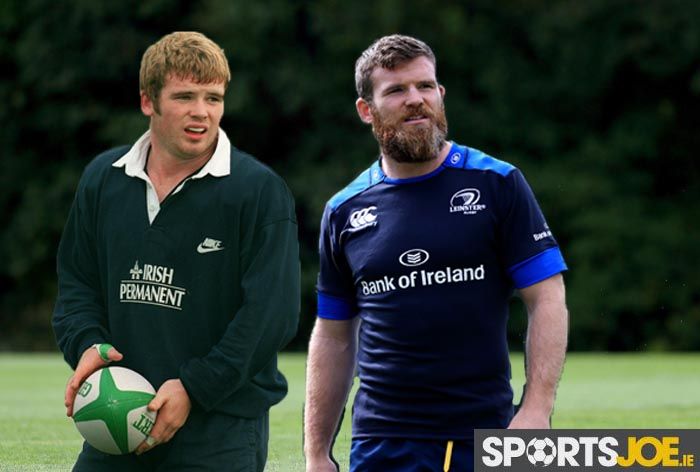Once more unto the breach.
Gordon D’Arcy is to hang up his rugby boots for the final time, later this year.
The veteran centre, who made his Leinster debut in 1998, and appeared for Ireland in the 1999 World Cup, is understood to be close to signing a shortened, four-month contract with the IRFU. D’Arcy says:
‘It is a decision that I have not come to lightly but one that sits very easily with me and indeed with my wife, Aoife, and we are confident that I am making the decision for the right reasons… I am so proud, fortunate and honoured to have represented my province and country for 17 seasons but I am leaving on my terms which is how everyone would wish to end their professional rugby careers.
‘It is still hard for me to get my head around the fact that I will not be pulling a jersey on again after October.’
The Herald report that the 35-year-old will be contracted to the union as he endeavours to make it into Joe Schmidt’s World Cup plans.
D’Arcy has 253 appearances for Leinster, so far, and 81 Test outings with Ireland. He formed a record-setting midfield partnership with close friend Brian O’Driscoll, for province and country, for a decade.
He was selected for the 2005 and 2009 Lions tours and made one Test appearance. He was named IRUPA Players’ Player of the Year in 2004 and 2007.
D’Arcy’s last appearance for Ireland was the November 2014 Test win over Australia. He lost out on his place, at inside centre, to Robbie Henshaw for the 2015 Six Nations. His last try, in green, was 29 matches and 54 months ago – against Argentina in 2010.
D’Arcy has a fight on his hands to make Schmidt’s final squad. It is not clear if he would be willing to see out that four-month contract as cover for a depleted Leinster side, were he to miss out on the tournament.
On Leinster, he comments, ‘As part of [my] journey I have seen dark days, but the abiding memory is of a club and an organisation that wouldn’t settle for mediocrity and only wanted to be the best. Developing that culture and ethos took time and foresight and this is to be commended.’






































